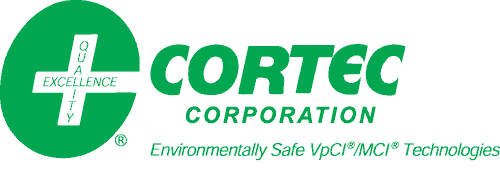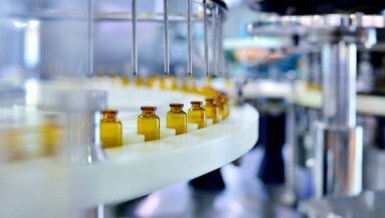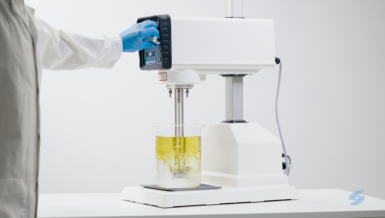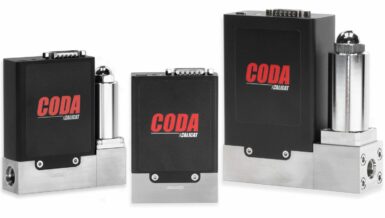Specific additives are needed, not only to prevent corrosion, but also to keep fuel stable, handle water content, and avoid sludge buildup. Protection is especially critical to avoid stagnation and corrosion during long-term storage. Cortec’s M-707 tackles these important needs to help formulators revolutionize their next fuel additive for longer and better tank maintenance.
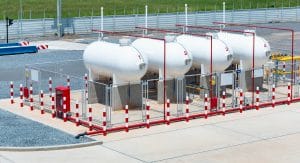
M-707 is an additive specially designed to protect fuel systems from corrosion and sludge formation during operation, storage, or shipment. It can be applied as-is or used to develop powerful fuel enhancers. M-707 effectively provides corrosion protection, not only to metal surfaces in direct contact with the treated fuel but also in the vapor space above the fuel line.

This is especially important for biofuels that tend to absorb extra water, which can condense overhead and cause corrosion on the tank ceiling. M-707 also improves fuel stability so there is less chance of oxidation and sludge buildup over long periods of storage. M-707 is not corrosive to copper and aluminum and does not contain trace metals, chlorides, chromates, nitrites, or phosphates. It has good injector-cleaning capabilities, improved water handling, and good elastomer compatibility.*
M-707 can be used in many target applications:
- Aboveground storage tanks (ASTs) at airports
- Underground storage tanks (USTs) at gas stations
- Dry fuel tanks in export equipment
- Partially filled fuel tanks on intermittently operating equipment (e.g., generators or earthmovers)
- Gasoline or diesel fuel systems in cars or trucks
Because of its vapor-phase protection, M-707 is perfect for the protection of dry or partially filled fuel tanks during overseas export of new equipment. With contact-only corrosion inhibitors, fuel tanks have to be filled up as much as possible to allow maximum corrosion inhibitor contact with the sides of the fuel tank. In contrast, M-707 alone can be fogged into fuel tanks that contain no or very little fuel, providing a far more efficient means of corrosion protection for all surfaces inside the tank. M-707 can also be added directly to gasoline or diesel fuel in blending, storage, or vehicle tanks that are in use, providing corrosion protection in the headspace as well as on the tank sides and bottom.

There are countless fuel tanks that could benefit from the corrosion protection and stabilizing effects of M-707. With the increased use of biofuels, this is needed now more than ever.
*Compatibility with elastomer should be verified before use.




